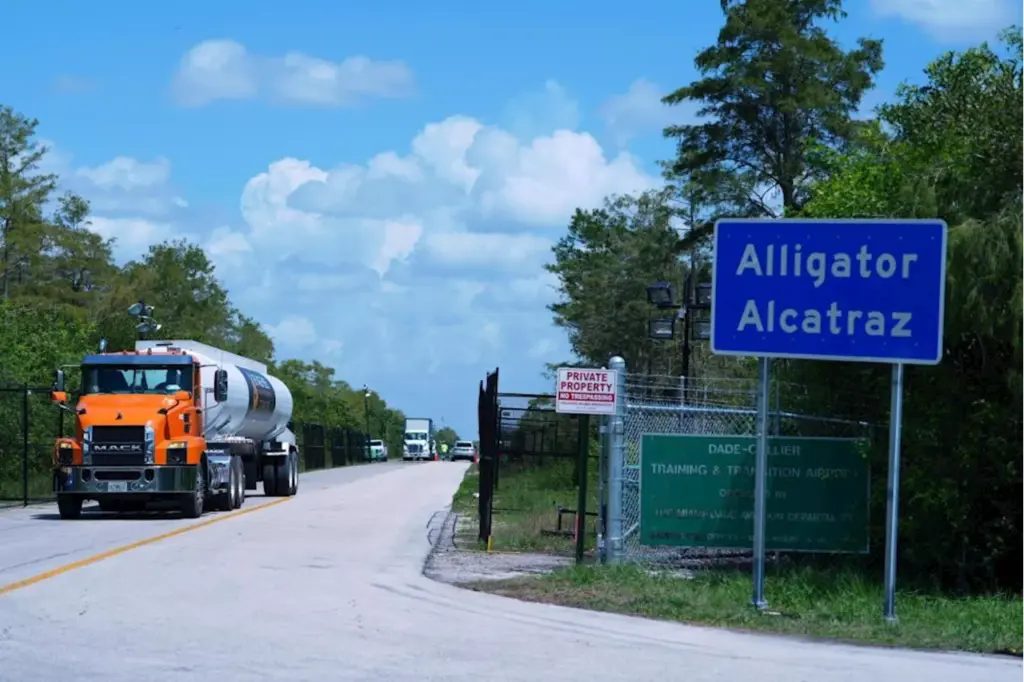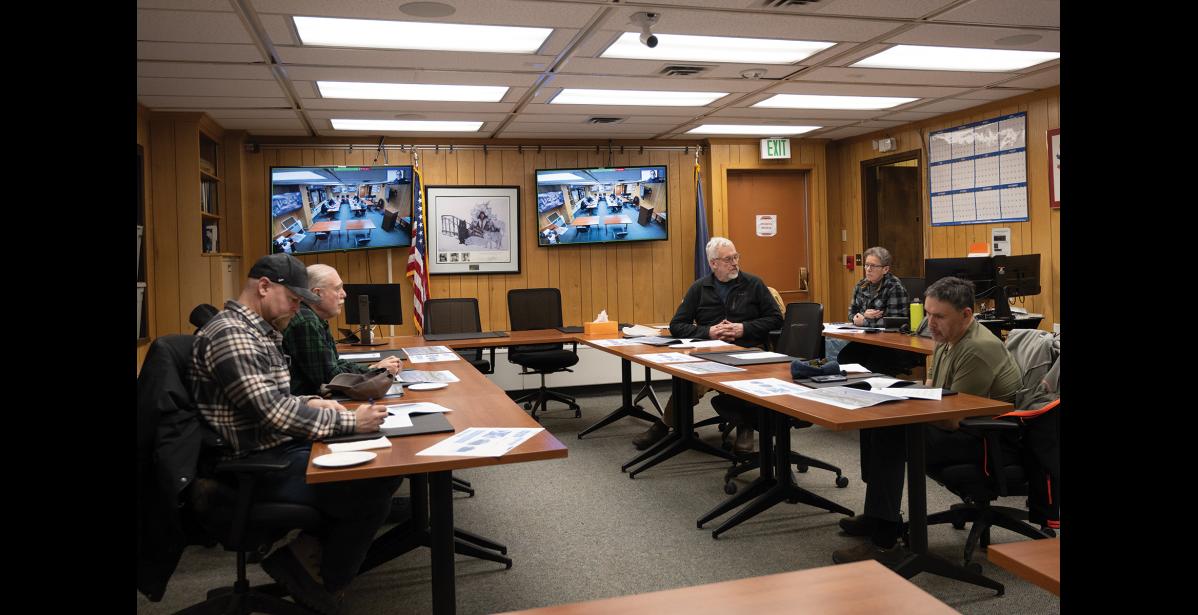
A federal appeals court has temporarily halted a lawsuit challenging operations at an immigration detention center located in the Florida Everglades. This decision by the U.S. Eleventh Circuit Court of Appeals came after a request from government attorneys, who cited funding issues stemming from a recent government shutdown.
The detention center, often referred to as “Alligator Alcatraz,” has faced legal scrutiny from environmental groups and the Miccosukee Tribe, which argue that the facility has not undergone the necessary environmental reviews mandated by federal law.
In early September, U.S. government attorneys requested the appellate court to stay the proceedings in this case. They pointed to the expiration of funding for the Justice Department and the Department of Homeland Security, both of which are involved in the litigation. The court granted this request on Wednesday, effectively pausing the lawsuit that had previously disrupted the center’s operations.
While the facility is managed by the state of Florida and private contractors, federal officials have indicated plans to reimburse the state for its operational costs. Paul Schwiep, an attorney representing the environmental groups, criticized the government’s position, stating, “Apparently, the government has sufficient money and manpower to operate a detention center in the heart of the Everglades to detain foreign-born workers, but not enough to file a brief in court to justify its conduct, which the trial court held unlawful.”
The legal challenge was initiated this summer by the Friends of the Everglades and the Center for Biological Diversity, along with the Miccosukee Tribe. They contend that the facility’s operations are detrimental to the environment and that the federal and state agencies failed to conduct the required environmental assessments.
As the appeals court’s decision pauses this particular legal challenge, two other lawsuits regarding the operations of the Everglades detention center continue to move forward in federal court in Florida. Environmental advocates remain concerned about the potential impacts of the facility on the unique ecosystem of the Everglades, which is home to a diverse range of species and critical habitats.
The case reflects broader tensions surrounding immigration policy and environmental protection, particularly in areas as ecologically sensitive as the Everglades. The outcome of this lawsuit and others like it could have significant implications for both the future of immigration detention in Florida and the preservation of the state’s natural resources.
As the situation unfolds, the court’s decision underscores the complexities of balancing immigration enforcement and environmental stewardship, an issue that is likely to draw continued attention from both legal experts and the public.







